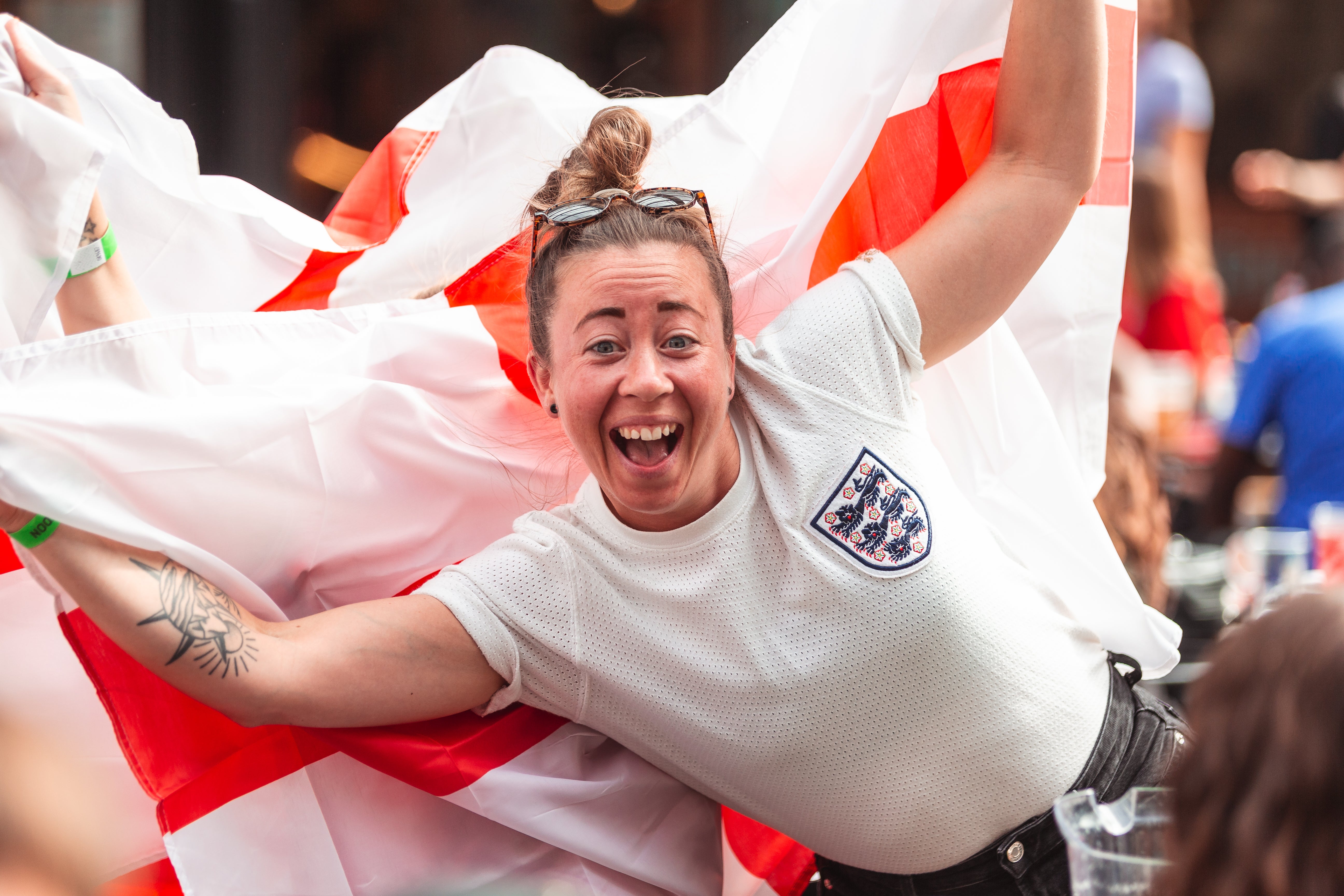
Football has officially come home, and support for the women’s game is now at an all-time high, with viewing figures soaring, stadiums packed and kids looking at our Lionesses with pride and admiration.
But, only last year were we reflecting on the fact that 100 years ago, women’s football was banned by the FA. We have come an incredibly long way, but there is still a lot to be done to make football an equal sport.
If we have learned anything in this tournament, it is that win or lose, women’s teams deserve respect, resources and celebration. So, what could this victory mean for the broader world of football?
1. Spaces to play
Suitable spaces to play can be an issue for women’s football teams, and some don’t receive enough funding or sponsorship to cover the cost of pitches – meaning players and coaches have to.
Even at a professional level, we have seen women playing in stadiums that are not always of the same calibre as their male counterparts get to play in.
We’re hoping this win will change things, giving female and non-binary players the same spaces and opportunities to thrive – meaning the quality of our footballers will continue to soar.
2. Kits for women

Earlier this year, Alex Scott told PA Media: “In 2002, we had hand-me-down football kits from the men’s first team. And it looked like I was like wearing a parachute. Even having women with their own customised fitted kits is a step.”
When many of the older members of this Lionesses side started playing, they too might have worn men’s kits. However, seeing people walking the streets of the UK wearing shirts with Williamson, Bright and Kirby on the back, is incredible.
Making sure young women, particularly those with changing bodies going through puberty, can get their hands on kit that fits them is vital.
Research from Women In Sport found complex barrier and deep-rooted negative attitudes are affecting girls’ enjoyment of sport. Body image and puberty are also significant factors.
Could this win bring more money into the game for important things like kit, allowing girls and women to feel comfortable playing football?
3. Respect from the general public

The women’s game hasn’t always received the support it deserves. It is seen as softer and more family-friendly. It’s a welcoming space, and the pure joy of the fans during this tournament has shown that.
We’re hoping the huge viewing figures and attendances of Euro 2022 will carry through to the Women’s Super League (WSL).
4. Football in schools
Only 63% of schools currently offer girls’ football in PE lessons, according to research from the FA.
For many girls growing up, netball is the default sport at school. But if they’re given the option to play football, they might be able to nurture a passion for the sport that can grow from there.
5. Better pay
England’s senior men and women players have been paid the same match fees and bonuses since 2020, but on a club level, there’s not the same kind of pay parity for players in the Premier League versus the WSL.
But who knows, with the buzz around the Lionesses and the popularity of women’s football growing, maybe female players could be set for better pay, and more opportunities around sponsorship and brand deals.







